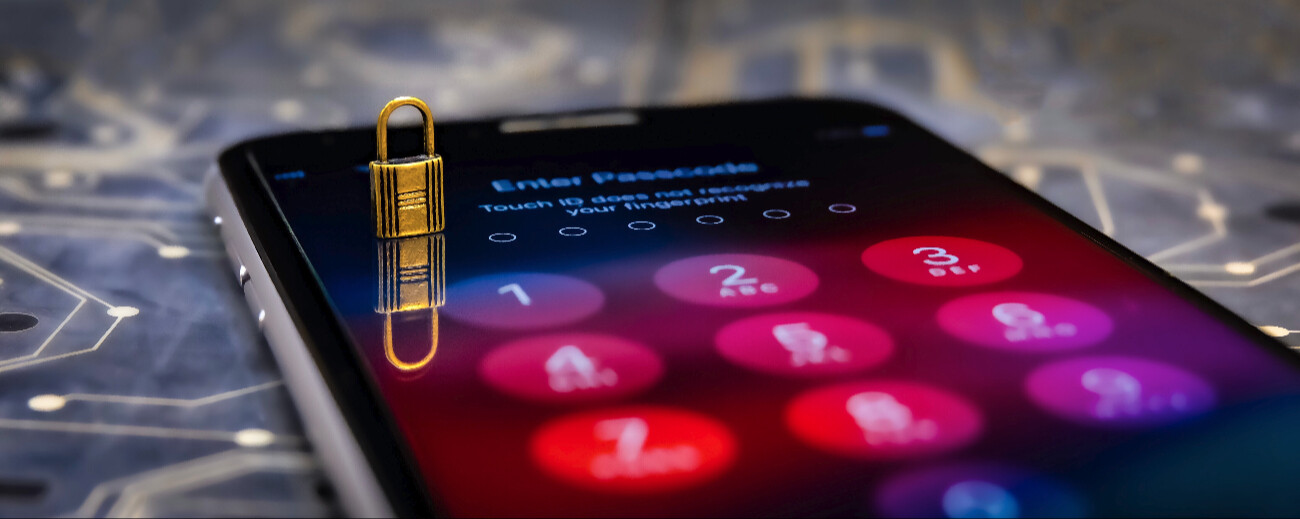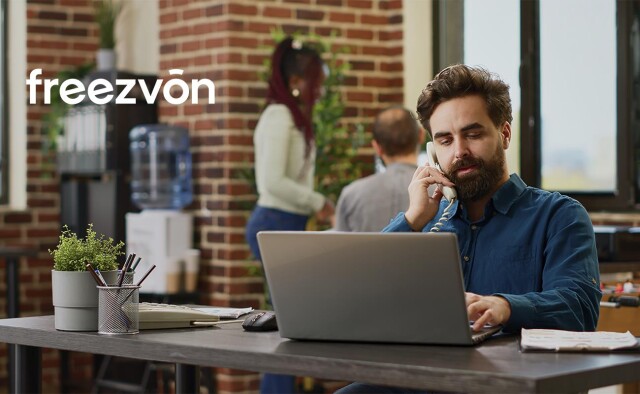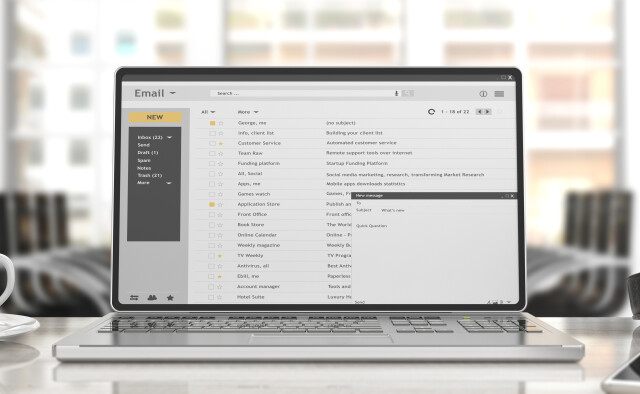If you’ve ever tried to protect your privacy online, you probably know how tricky it can be. Most messaging apps ask for your phone number, your email, or both. That’s why I switched to Signal, a messenger with encryption that actually keeps my conversations private. Everything I send—messages, calls, files—is end-to-end encrypted. In simple terms: no one can read it except me and the person I’m talking to.
But here’s the thing: Signal still requires a phone number to sign up. That made me pause. I didn’t want to give out my personal number just to use a messaging app. That’s when I discovered virtual numbers for Signal. They’re simple, flexible, and let you use Signal without revealing your real number.
Let me walk you through how they work, why they’re useful, and how to get one in a few minutes.
Why I Chose Signal
Signal isn’t just another app—it’s built for people who value privacy. Unlike many other apps, it actually delivers on its promises. Everything is end-to-end encrypted, so nobody else can read your messages, not even Signal.
Here’s why I stick with it:
- Encrypted messages and calls: No hackers, no ads, no spying.
- Open-source software: Tech experts can check the code, which gives me confidence it’s trustworthy.
- Minimal data collection: Signal doesn’t track or store my personal info.
- Secure calls and video chats: Perfect for private conversations.
But to start, you need a number. That’s where virtual numbers come in handy.
Why a Virtual Number Makes Sense
Think of a virtual number as a disposable key to your digital life. You can register Signal without giving away your personal number. Here’s why I find it useful:
- Privacy: An anonymous Signal number keeps your real number safe.
- Separate life and work: One number for friends, another for work or side projects.
- International use: A VoIP number for Signal works anywhere in the world.
- Temporary accounts: Great if you only need the number for a short period.
- Multiple accounts: Managing two or three Signal accounts? Virtual numbers make it easy.
I once traveled abroad for a week and used a virtual number to stay connected with colleagues and friends. I didn’t have to swap SIMs or pay expensive roaming fees, and my real number stayed private.
The Benefits of Using a Virtual Number
1. Protect Your Identity
Virtual numbers aren’t tied to your real number. You can register Signal without a SIM, which means no one can link your account back to you.
2. Chat From Anywhere
If you’re traveling, working remotely, or just living in a different country temporarily, a Signal VoIP number lets you sign up and message without a local SIM card.
3. Easy and Flexible
Virtual numbers don’t require a phone line or long-term contract. You can get a temporary number for a weekend project or a long-term number for everyday use.
4. Manage Multiple Accounts
Whether it’s personal, work, or a side project, virtual numbers let you keep accounts separate without the stress of juggling personal numbers.
5. Extra Layer of Security
Using a virtual number reduces spam and unwanted calls. Pair that with Signal’s encryption, and you’ve got a secure messaging setup that’s hard to beat.
How to Get a Virtual Number for Signal (Quick Steps)
Here’s what I do when I need a virtual number:
- Pick a Number
Go to Freezvon’s virtual numbers page and choose the country and type of number. Temporary or permanent—it’s your choice. - Create an Account
Sign up with your email and password, then complete online verification. - Purchase the Number
Add it to your cart and pay. It takes just a few minutes. - Activate on Signal
Enter the new number in Signal and get the verification code via Freezvon. Once verified, your account is ready. - Start Messaging
Now you can send messages, make calls, and share files securely, all without revealing your personal number.
From my experience, it’s fast, reliable, and stress-free.
Frequently Asked Questions (FAQ)
1. Can I use a virtual number permanently?
Yes. Freezvon has both temporary and long-term options. Just make sure the number stays active to keep your Signal account working.
2. Is it safe?
Absolutely. Using a trusted provider like Freezvon keeps your number secure. With Signal’s end-to-end encryption, your chats remain private.
3. Can I have multiple Signal accounts?
Yes. Virtual numbers make it easy to run several accounts, whether for work, personal life, or side projects.
4. Which countries are available?
Freezvon offers numbers from North America, Europe, Asia, and more. You can pick almost any region.
5. Do I need a SIM card?
No. The verification code is sent via VoIP, so you can register Signal without a SIM easily.
Final Thoughts
A virtual number for Signal isn’t just convenient—it’s empowering. It gives you privacy, flexibility, and peace of mind. Whether you need an anonymous Signal number, a temporary line, or an international VoIP number, virtual numbers make it simple.
With Freezvon, you can buy a virtual number for Signal, register without a SIM, and enjoy secure messaging without compromise. Keep your personal and work conversations separate, avoid spam, and communicate safely wherever you are.
For more tips on virtual numbers and secure VoIP solutions, check out Freezvon’s virtual numbers and their blog on VoIP solutions.



